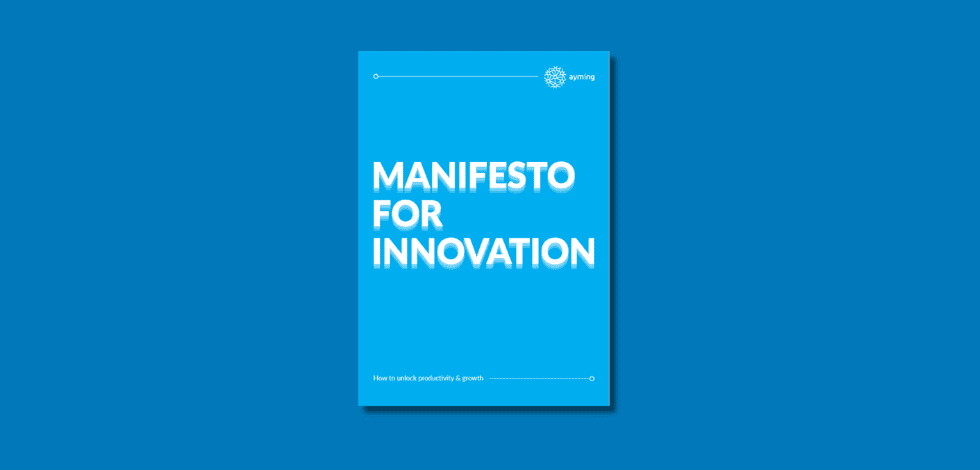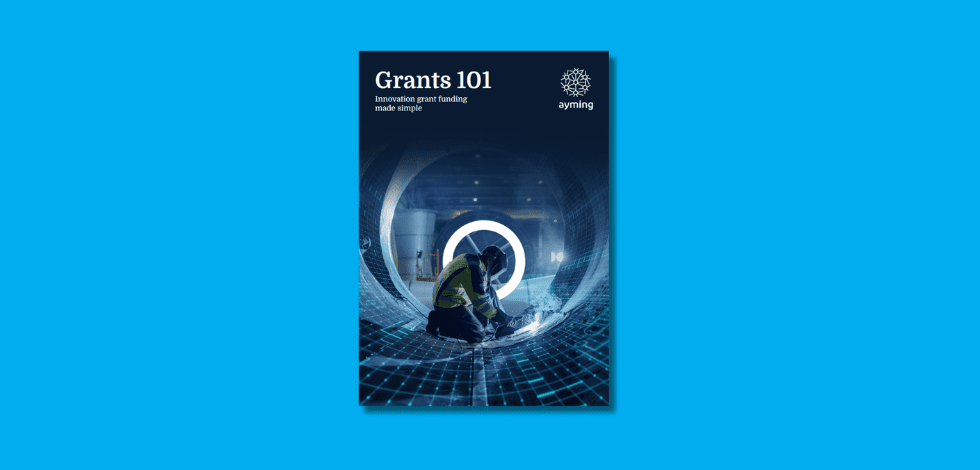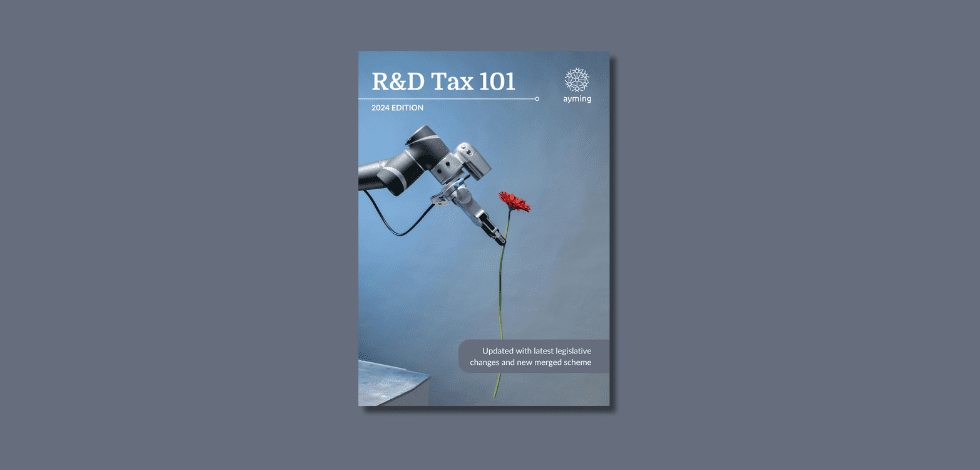In the detail of The Growth Plan 2022 in September’s mini-budget, the new Chancellor, Kwasi Kwarteng, makes mention of Investment Zones. These are zones aimed to “drive growth and unlock housing” with special planning rules and tax incentives.
At the moment, the tax incentives are focused on Business rates, capital allowances, and employers’ NI for investments made within the zone. There is an opportunity to create an additional R&D relief for qualifying activity that takes place within the zone. This would help boost innovation and might counter the claim that these zones just move inward investment from one part of the country to another without delivering any overall increase or growth.
Stimulating R&D will help support current as well as future growth for the economy, and it is vital that these significant measures announced today are given the best chance to deliver longer-term growth to see us out of what looks increasingly like the beginning of a recession. Industries such as IT & tech, manufacturing and many more thrive off of such schemes, and it is important that the stimulus is there for these sectors to continue to innovate.
Does Artificial intelligence create real-world concerns?
AI is one of these innovations that can be supported by R&D schemes; obviously, it has huge potential and nobody doubts that, but clearly, there are some ethical concerns to take into consideration. For example, a lot of AI facial recognition is biased toward the researchers’ backgrounds, often white European men. Other concerns surround whether machines and AI will follow the predetermined rules set for them. Michael Cohen and Michael Osborne — argue that machines will eventually become incentivized to break the rules their creators set to compete for limited resources or energy.
Are the benefits of AI far greater?
Some of the benefits can be seen when handling lots of data, for example, in industry 4.0 and utilising the internet of things (IoT). Projects such as these are tough to crack and goes beyond what humans are realistically capable of processing themselves. The benefits of AI go beyond big data, though; our client P3m is developing fully electric, AI-driven taxis to be launched in the U.K. in 2025. Highlighting further the benefits AI can bring to us as consumers and also the environment.
Ultimately not all AI is bad and going to kill us, but social science, philosophical and ethical research are all vital, so we can safely use AI. AI is an important technology that can bring huge benefits, but the downsides could be an existential threat to humanity if pushed far enough.














No Comments